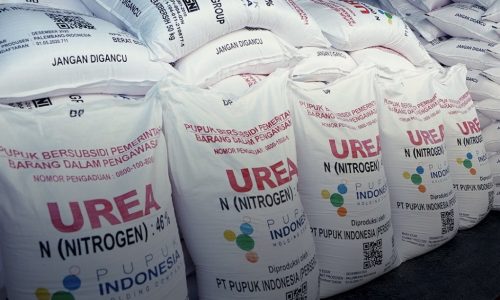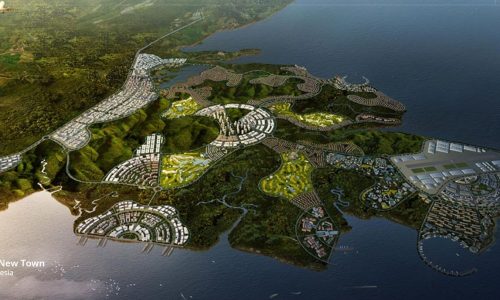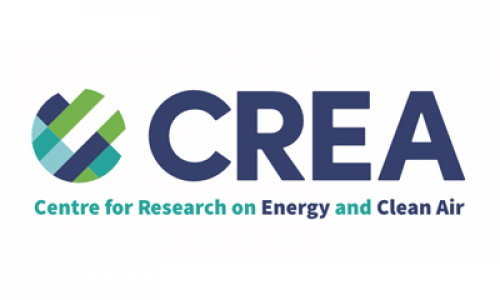The plan of Luhut Binsar Pandjaitan, the Coordinating Minister for Maritime Affairs and Investment, to continue the downstreaming policy by halting the export of liquefied natural gas (LNG), is considered high-risk for the country’s exports. This is because Indonesia could be perceived as engaging in trade protectionism, leading to retaliatory actions from its trading partners.
Bhima Yudhistira, the Director of the Center of Economics and Law Studies (Celios), expressed his concerns that if Indonesia impose more export bans, it could face legal challenges at the World Trade Organization (WTO) and its goods could be blocked from entering partner countries.
Bhima emphasized the need for the government to be prepared for the costly consequences of such a decision.
Bhima stated that the negative impact of trade protectionism retaliation could outweigh the benefits of downstreaming.
Moreover, the direction of the downstreaming policy is still questionable. For example, in the gas sector, he believes that the plan to ban gas exports does not align with the direction taken by various domestic companies that are starting to shift towards more environmentally friendly energy sources.
Support from businesses
Despite being considered as a high-risk policy and inappropriate by some, Luhut’s idea managed to gain the support of several business actors.
Bobby Gafur Umar, the Vice Chairman of Industry at the Indonesian Chamber of Commerce and Industry (Kadin), stated that the various downstreaming policies implemented by the government can stimulate industrial growth and bring added value to the country.
He emphasized that other countries have been processing Indonesia’s raw materials and enjoying added value for years, causing an opportunity loss for Indonesia.
Therefore, Bobby considers the ban on exporting raw materials, including natural gas in the future, as the right step.
By taking such measures, Bobby stated that the government can encourage global companies to relocate their factories to Indonesia and put more investments into the country.
Previously, the ban on exporting raw materials from Indonesia, related to the downstreaming program, received special attention from the International Monetary Fund (IMF).
In their annual consultation report with Indonesia released on June 25, the IMF suggested that the Indonesian government should re-evaluate the ban on mineral exports in relation to the ongoing nickel downstreaming policy.
According to the IMF, the increase of foreign investment and nickel exports cannot confirm that this program brings more benefits than losses.
Banning export as a last resort
Meanwhile, Andry Satrio Nugroho, the Head of the Center for Industry, Trade, and Investment at the Institute for Development of Economic and Finance (Indef), stated that the IMF’s comments and concerns should prompt the government to consider downstreaming without simply banning the export of raw materials.
He believes that Indonesia has other options, such as implementing disincentives through price mechanisms, such as export duties or levies.
Andry argued that if the government only bans the export of raw materials, there could be cross-border impacts that indirectly affect Indonesia. Andry emphasized the need for internal strengthening measures and a good forward strategy in downstreaming, stating that the ban on exports should be a last resort.









